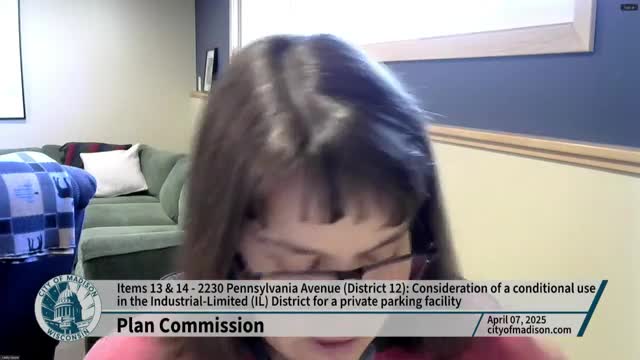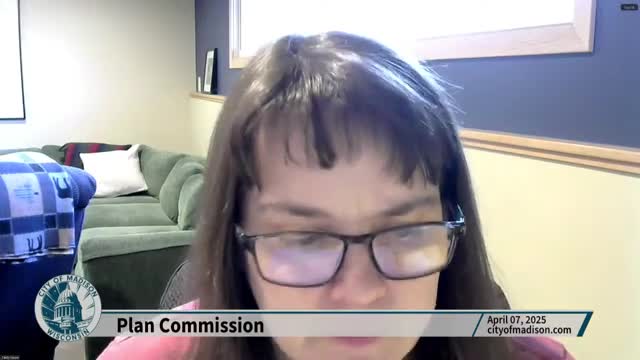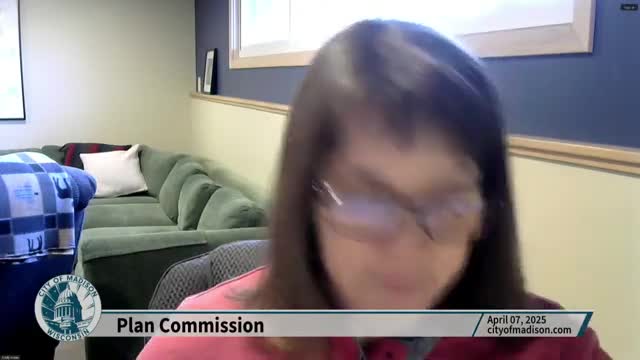Article not found
This article is no longer available. But don't worry—we've gathered other articles that discuss the same topic.

Commission approves UW park-and-ride at 2230 Pennsylvania Ave.; commissioners debate long-term land-use implications

Plan Commission approves emergency generator at Green Tree Chapel Hill Park after resident concerns about notice

